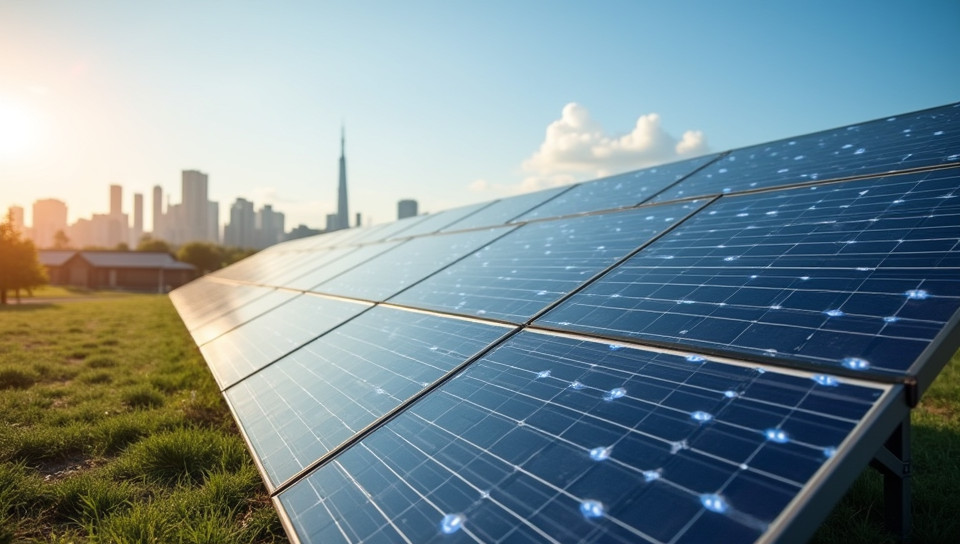Solar panel efficiency is not yet maximized sufficiently 76%

The Sun is Not Shining Bright Enough: Why Solar Panel Efficiency Needs a Boost
As we continue to grapple with the challenges of climate change, renewable energy has emerged as a beacon of hope. Solar power, in particular, has become an increasingly important player in the global energy mix. However, despite its many advantages, solar panel efficiency remains a pressing concern. In this article, we'll delve into the reasons why solar panel efficiency is not yet maximized sufficiently and what needs to be done to rectify the situation.
The Current State of Solar Panel Efficiency
Solar panels convert sunlight into electricity through a process called photovoltaics (PV). However, even with significant advancements in technology over the years, solar panel efficiency has plateaued. The average commercial solar panel today has an efficiency rating of around 15-20%. While this may seem impressive, it's worth noting that the theoretical maximum efficiency for solar panels is much higher – around 33%.
Barriers to Higher Efficiency
Several factors contribute to the limitations on solar panel efficiency:
-
- Material constraints: The most commonly used photovoltaic material, silicon, has physical limitations that hinder its ability to absorb and convert sunlight into electricity.
-
- Heat dissipation: Solar panels can overheat when exposed to high temperatures, reducing their efficiency. Efficient heat management systems are necessary to mitigate this issue.
-
- Lack of standardization: Different manufacturers use varying technologies and materials, making it difficult to achieve uniform efficiency across the industry.
The Need for Innovation
To overcome these barriers and maximize solar panel efficiency, research and development efforts must focus on:
-
- New material discovery: Developing novel photovoltaic materials with improved efficiency and reduced costs.
-
- Advanced manufacturing techniques: Implementing more efficient production methods to reduce waste and increase output.
-
- Innovative cooling systems: Designing effective heat management systems that can be integrated into solar panels.
Conclusion
Solar panel efficiency is a critical aspect of harnessing the full potential of renewable energy. While significant progress has been made, there is still much work to be done to overcome the barriers that limit our ability to maximize efficiency. By investing in research and development, we can unlock new technologies and materials that will take solar power to the next level – and help us shine brighter towards a sustainable future.
- Created by: Ezekiel Domingo
- Created at: Aug. 17, 2024, 11:35 p.m.
- ID: 7653







